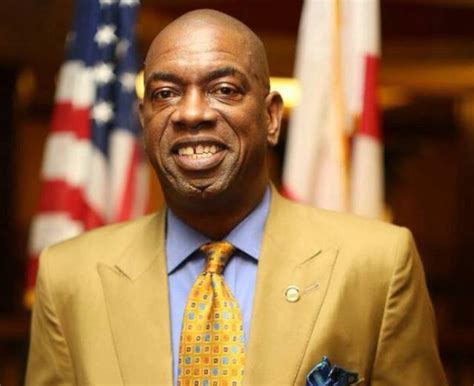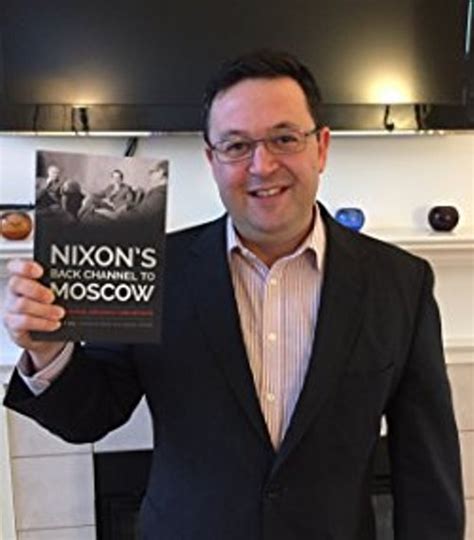A Quote by Oliver Robinson
It is culturally constructed, but not unnecessary. A crisis is a period in a person's life that lasts at least a year during which there is an unusual level of emotional instability, negativity, and crucially, major changes. This is important because right now, when you diagnose mental health problems, where you are in life doesn't really come into it. Psychologists are saying that it should.
Quote Topics
Because
Changes
Come
Constructed
Crisis
Emotional
Health
Health Problem
Health Problems
Important
Instability
Lasts
Least
Level
Life
Major
Major Change
Mental
Mental Health
Negativity
Now
Period
Person
Problems
Psychologists
Really
Right
Right Now
Saying
Should
Unnecessary
Unusual
Where You Are In Life
Which
Year
Related Quotes
If your primary focus is to get over your health problems or get past a relationship crisis so that you can return to your former life and old patterns- that is, get back to business as usual-you are not really living. The distinction is paradoxical and sometimes subtle. It's the difference between walking through your life on your way to somewhere, and walking as your life. Even if you believe that where you want to get is extremely important, that destination is secondary. Your immediate experience is what really matters. It is your life.
When you're an adolescent, you suddenly wake up one morning and your body is an enemy. There are hormonal changes, physical changes, emotional changes. People are saying to you, 'Now you have to make the decisions that define the rest of your life.' The X-Men takes those elements and pushes them one giant step farther.
By enlivening this most basic level of life, Transcendental Meditation is that one simple procedure which can raise the life of every individual and every society to its full dignity, in which problems are absent and perfect health, happiness, and a rapid pace of progress are the natural features of life.
I'm not prescribing non-doing as a universal response to our problems. Sometimes, something obviously needs to be done. And we retreat into a spiritual or meditative state that we fancy up by calling it mindfulness, but really it's an unhealthy detachment and a shrinking back from life. But culturally, it's much more common to be trapped in habits of reaction, whether on a systemic level or on a personal level. That's where the non-doing comes in, which is something that we don't really have room for. I think that it's something we need to embrace as part of the creative process.
One of the things we need to do is address mental health care as an integral part of primary care. People often aren't able to navigate a separate system, so you see successful models where a primary care physician is able to identify, diagnose, and concurrently help people get mental health treatment who have mental health issues.
































